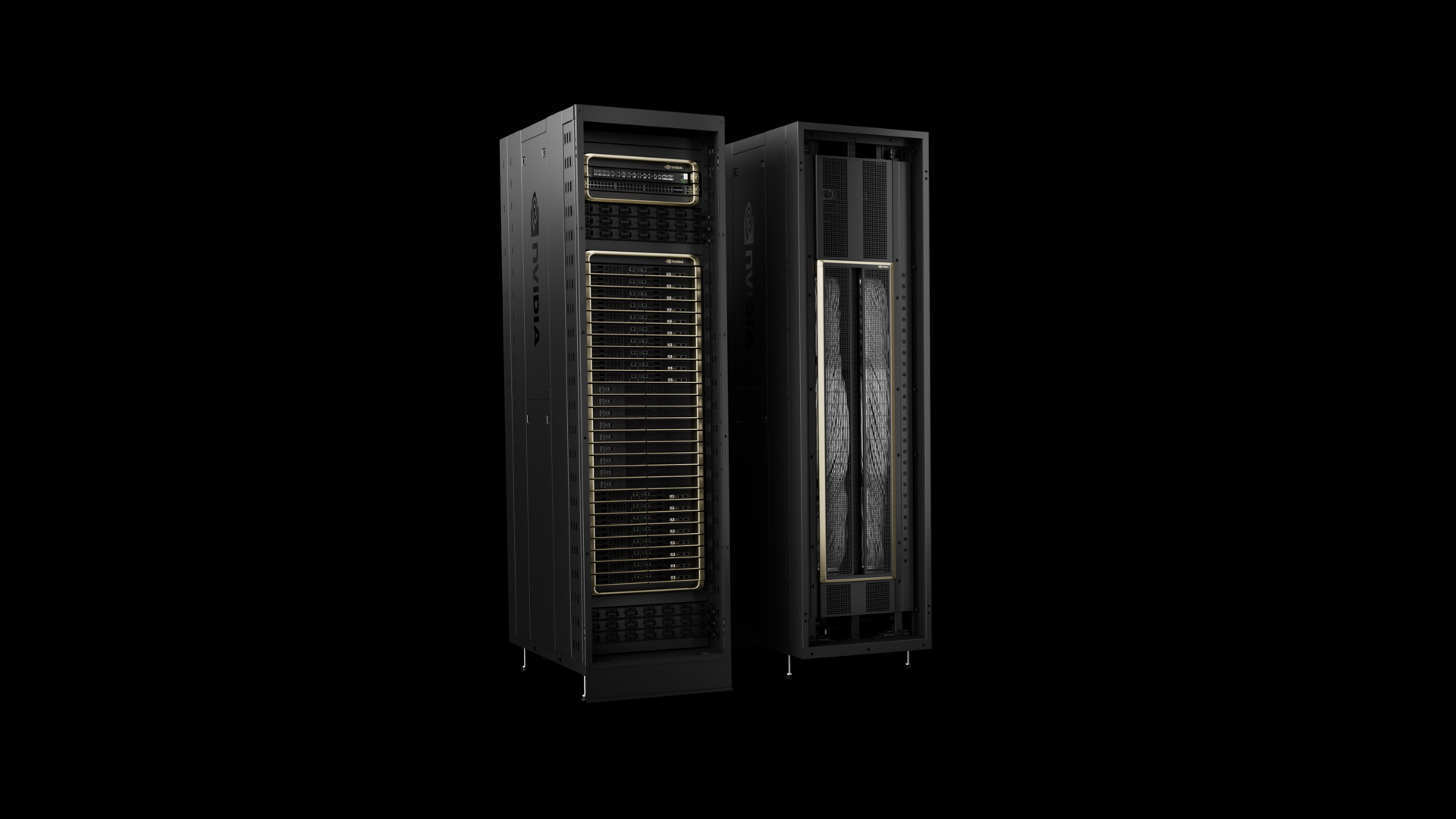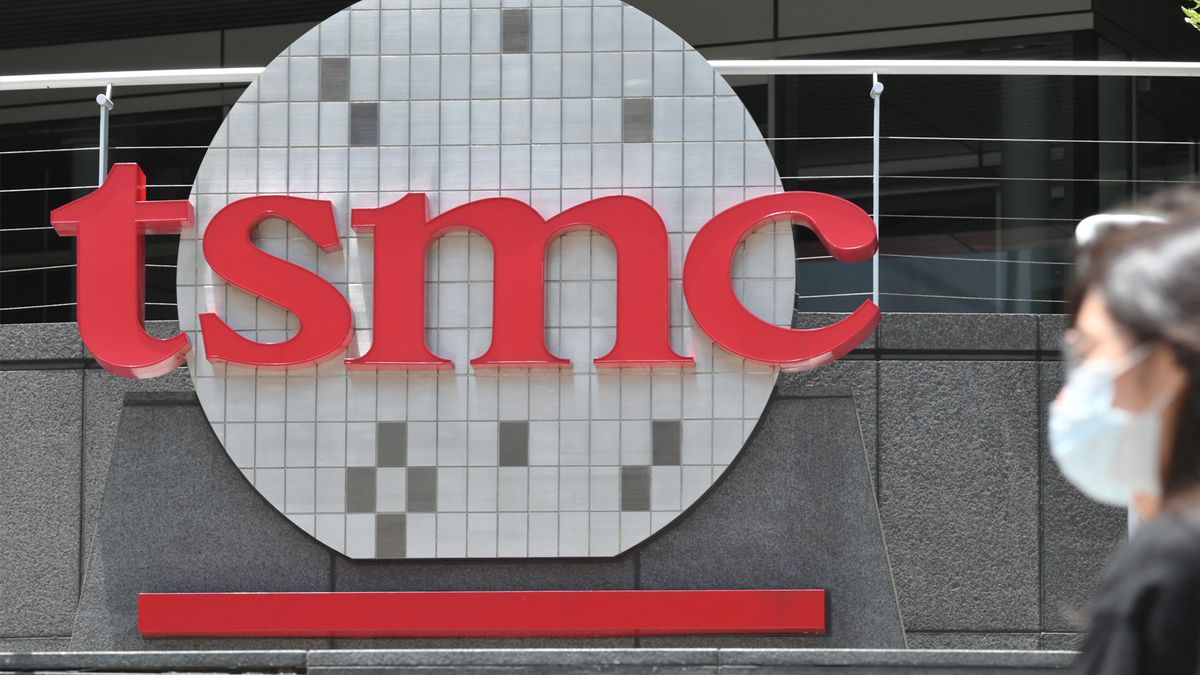Just days after confirming that the White House has struck a revenue-sharing deal with AMD and Nvidia in exchange for AI chip export licenses, Washington seems to have confirmed that it hasn't quite worked out the mechanics of the legalities behind the measure. While the President and the two AI chip makers have seemingly agreed to this agreement in principle, its unprecedented nature has come under considerable scrutiny from the outside. Now, CNBC reports that even the White House is still trying to work out its details, including its legality.
Legal experts have pointed out that Article I, Section 9, of the U.S. Constitution says, “No Tax or Duty shall be laid on Articles exported from any State.” This is also known as the Export Clause, and it has previously been tested in the U.S. Supreme Court, when the federal government attempted to impose a Harbor Maintenance Tax based on the value of cargo passing through American ports — including exports. In 1998, an exporter challenged the export tax, which was styled as a user fee set at 0.125% of the cargo's value, and the Supreme Court sided with it.
Nevertheless, it seems that the White House is focused on getting this deal through, and maybe even expanding it to other companies. “Right now, it stands with these two companies; perhaps it could expand in the future to other companies,” said White House spokesperson Karoline Leavitt. “The legality of it, the mechanics of it, is still being ironed out by the Department of Commerce, and I would defer you to them for any further details on how it will actually be implemented.”
The U.S. State Department does charge an annual license fee to arms manufacturers, but it’s mandated under the Arms Export Control Act and detailed in the International Traffic in Arms Regulation. These fees are fixed and structured, though, and are not based on the value or sales of the exported items.
Trump is apparently keen on getting this export control, as it gives him the best of both worlds — making extra revenue for the government while allowing Nvidia and AMD to continue exporting AI chips. However, this will likely be challenged in the courts as soon as he implements it. Whether or not both companies contest this export tax remains to be seen, as they can simply pass on the cost to their Chinese customers, who are probably willing to pay. Given that it is reported that Nvidia negotiated the deal with President Trump, the prospect seems unlikely.
Follow Tom's Hardware on Google News to get our up-to-date news, analysis, and reviews in your feeds. Make sure to click the Follow button.

 3 months ago
37
3 months ago
37






 English (US) ·
English (US) ·